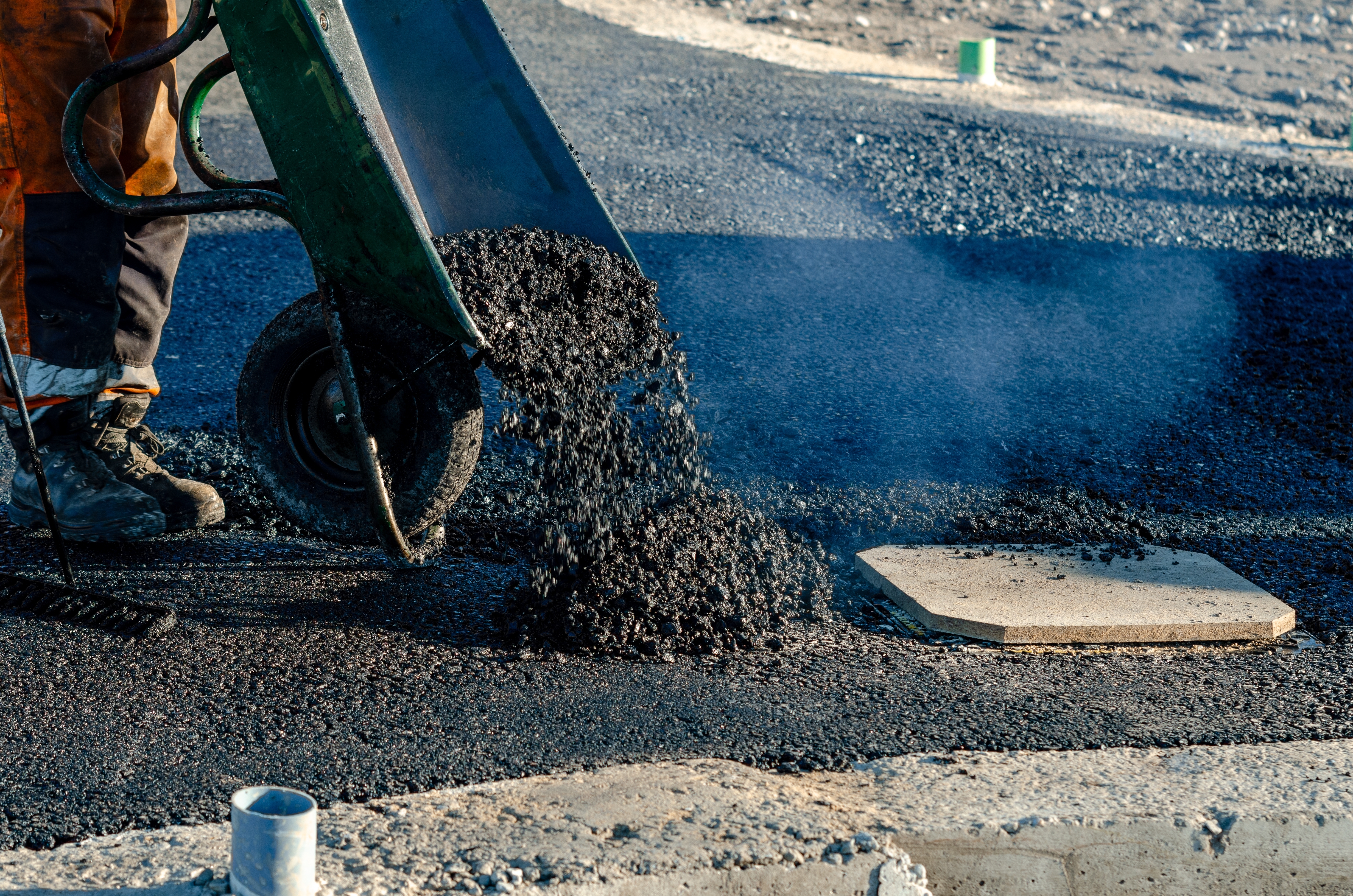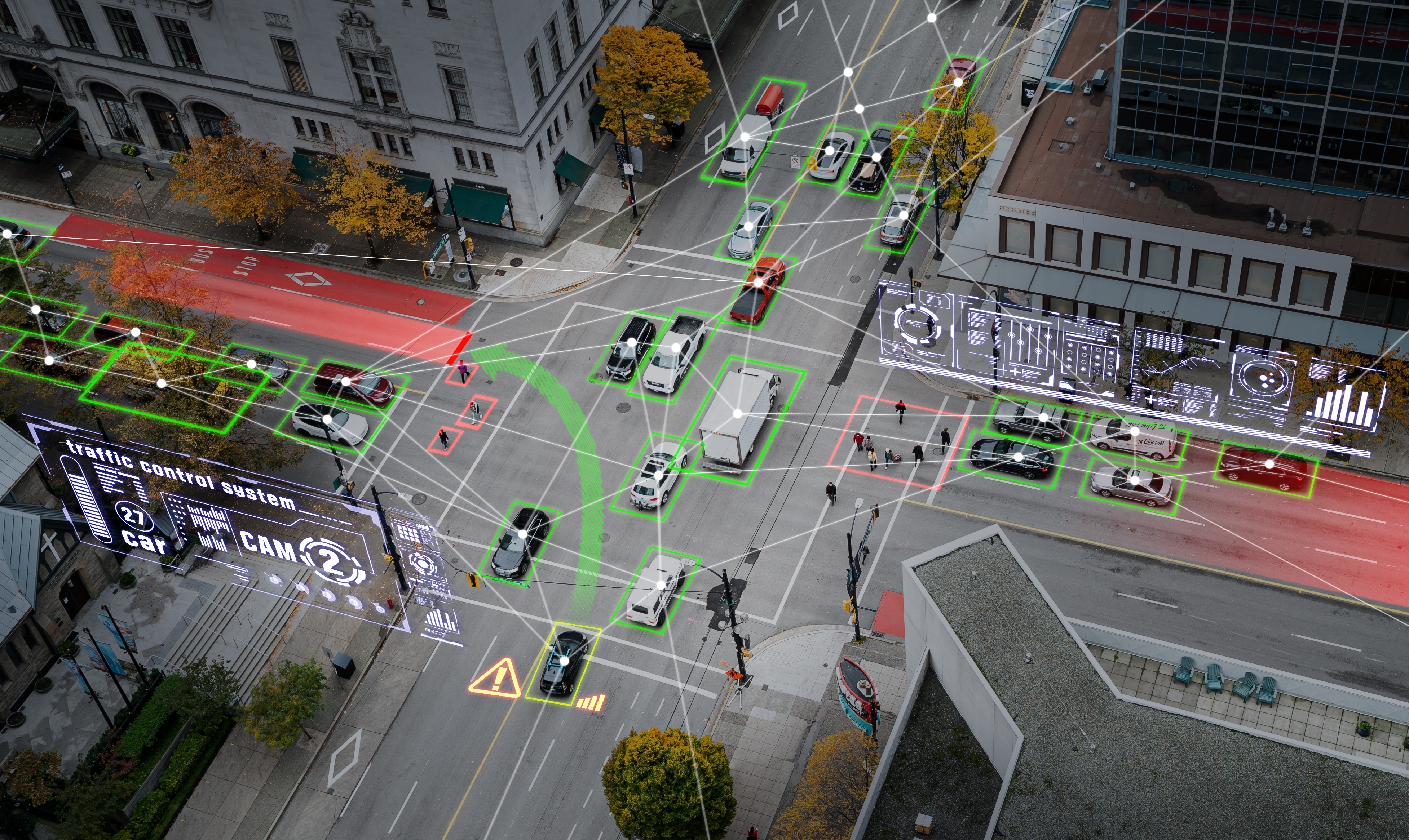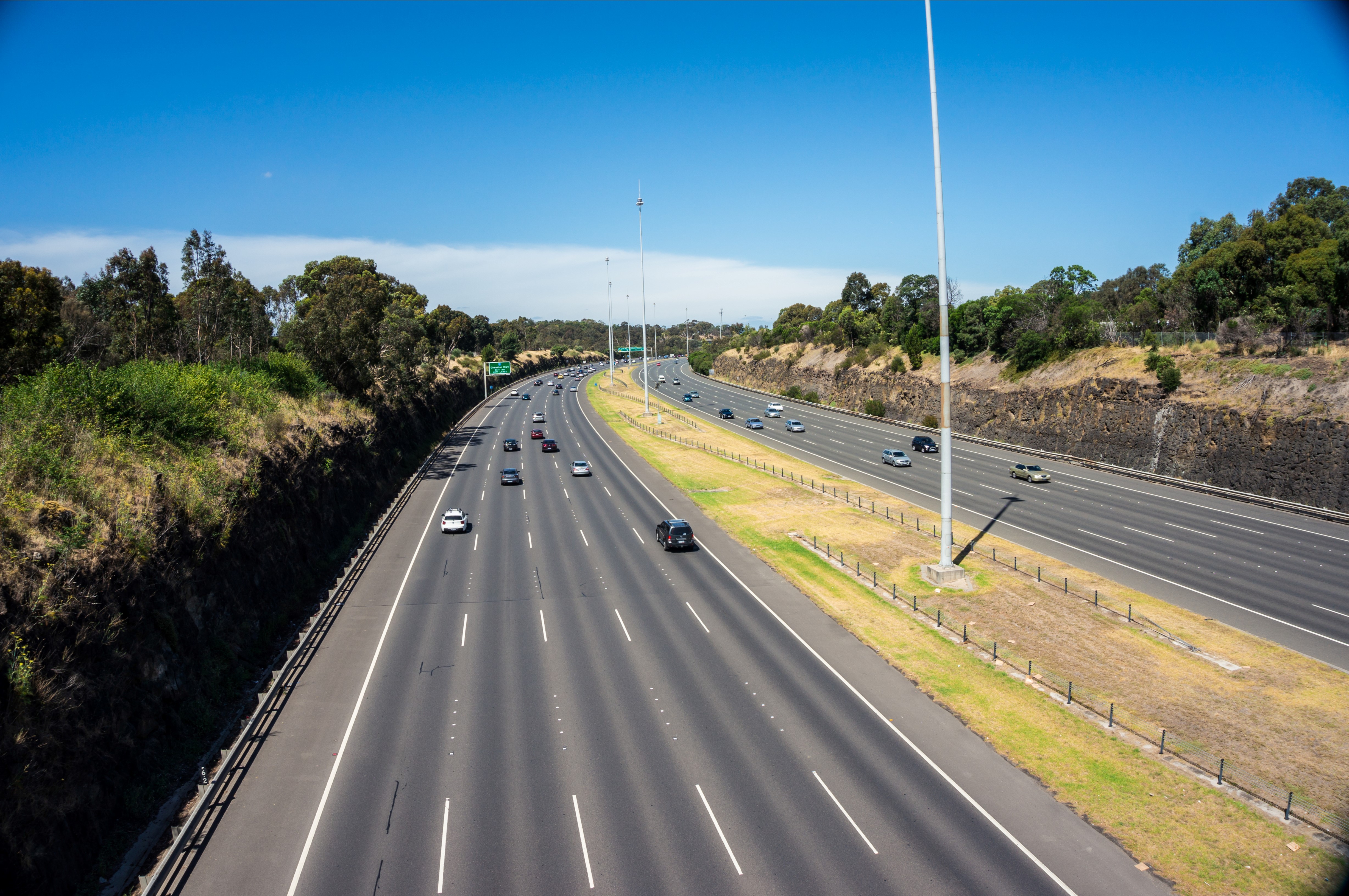Buy products

Build your asphalt expertise anytime, anywhere with Asphalt Materials and Construction. Explore each stage of asphalt production, design, and construction while developing the technical capability to deliver higher-quality road projects. Designed for both newcomers and experienced professionals, it offers flexible, nationally recognised training aligned with state and national standards - all at your own pace.
CPD Hours/Points: 5

Gain flexible, self-paced learning with NTRO’s Assessing Road Safety Risk on Road Networks course for professionals and newcomers. Build practical skills in Australian risk models - AusRAP Star Ratings and ANRAM crash estimates - and apply them to planning, funding and safety upgrades. Learn to prioritise investments, reduce risk and deliver safer networks with recognised experts.
CPD Hours/Points: 5

Delivered online, at your pace, by NTRO, the Managing Bridges course equips asset managers, engineers and decision-makers to tackle inspection, maintenance strategies, risk–cost trade-offs, legal obligations and data-driven decisions. Gain practical, nationally recognised training - foundational or advanced - to protect and optimise bridge networks and meet today’s fast-changing transport challenges with confidence.
CPD Hours/Points: 5

Deliver sustainable, cost-effective, high-performing road networks with NTRO’s self-paced, online Best Practice to Materials course. Build capability managing lower-volume road infrastructure, meeting community expectations while improving performance and safety. Designed for maintenance and planning, this nationally recognised training provides practical tools and strategies to optimise assets, prioritise investments, and maximise long-term value for networks.
CPD Hours/Points: 5

Access NTRO’s online Best Practice Guide to Sealed Roads training for local governments and road managers. Gain practical insights in pavement materials, network condition, maintenance strategies, and road safety from specialists. This flexible course empowers engineers, asset managers, and field staff to deliver reliable, cost-effective, high-performing sealed road networks.
CPD Hours/Points: 4

Manage unsealed roads smarter with NTRO’s Best Practice Guide to Unsealed Roads course. Grasp the essentials from network inventory to asset planning, when to seal, materials, drainage, geometry and safety. Learn to spot defects, select maintenance, apply low-cost safety and handle dust and erosion – all practical, council-ready skills.
CPD Hours/Points: 6

Austroads calls this the Mechanistic-Empirical Procedure (MEP), previously known as the General Mechanistic Procedure (GMP). This comprehensive approach combines theoretical mechanics with empirical observations to create robust pavement designs that meet modern infrastructure demands.
Course release: 9th March 2026
CPD Hours: 6

Developed in partnership with Tyre Stewardship Australia, this course introduces the essential concepts of crumb rubber and its role in sustainable road construction. Designed for local government practitioners and interested professionals, it offers a practical overview of how end-of-life tyres can be transformed into valuable infrastructure materials. Across 10 modules, you'll explore topics such as sustainable procurement, project planning, material selection, and quality construction practices. The course provides the foundational knowledge needed to identify opportunities, engage stakeholders, and integrate crumb rubber into your community’s road projects.
You'll also gain insights into funding strategies, workplace health and safety, and real-world case studies showcasing successful implementations.

Strengthen your road asset management capability with NTRO’s Introduction to Asset Management course. Grounded in the Austroads Guide and a multiphase framework, it blends strategy and tactics across sealed and unsealed networks. Learn via case studies, decision-support tools and performance targeting to balance safety, efficiency, preservation and sustainability.
CPD Hours/Points: 5

Kick-start your career in pavements with NTRO’s Introduction to Pavements. Discover pavement layers, surfacing options and construction fundamentals while learning to recognise and prevent common distresses. Translate theory into site-ready judgement on materials, drainage and maintenance to deliver durable, safe, cost-effective roads - guided by Australia’s leading transport research organisation.
CPD Hours/Points: 2

Enhance your structures inspection skills with NTRO’s Level 1 Bridge Inspection course, tailored for both beginners and those looking for to update their existing knowledge. Learn how to plan and carry out routine inspections, identify common defects, assess condition and produce clear, standards-aligned reports. Build confidence with practical checklists, data capture and safety protocols - delivered by NTRO to help you provide reliable inputs to maintenance prioritisation from day one.
CPD Hours/Points: 9

Measure what matters with NTRO’s introductory Measuring Infrastructure Sustainability with Life Cycle Assessments (LCA) course. Build a clear understanding of sustainability concepts, drivers and mechanisms, then learn how LCAs quantify impacts to guide smarter decisions and increase recycled-material use. Explore pavement-focused tools (e.g. SAT/InfraCalc) via practical case studies, aligned with current national guidance.
CPD Hours/Points: 4

Begin the journey to a safer road network with NTRO’s introductory Network Safety Plans (NSP) course for local government practitioners. Build foundations in the Safe System and Vision Zero, then learn to apply AusRAP and ANRAM to assess risk, prioritise treatments and satisfy funding requirements. Get practical workflows for stakeholder engagement, plan development, implementation and monitoring - so your council reduces trauma sooner.
CPD Hours/Points: 3

Learn the essentials of the Road Safety Audit (RSA) process in NTRO’s introductory Road Safety for Non-Auditors course. Build foundations in Safe System principles, audit types and phases, and the roles of key stakeholders. Develop confidence engaging with audits, interpreting findings, documenting decisions and closing the loop to support safer, defensible project outcomes.
CPD Hours/Points: 5

Begin your sustainability journey with NTRO’s introductory-level Use of Recycled Materials in Sustainable Road Construction course. Get a clear overview of circular-economy drivers, common recycled inputs, performance considerations and where these all fit in pavement design and construction. Using accessible case studies and simple workflows - feasibility, specs, WHS/environmental checks, Life Cycle Assessment and trials - you’ll learn to reduce waste, cut emissions and deliver cost-effective pavements.
CPD Hours/Points: 4
